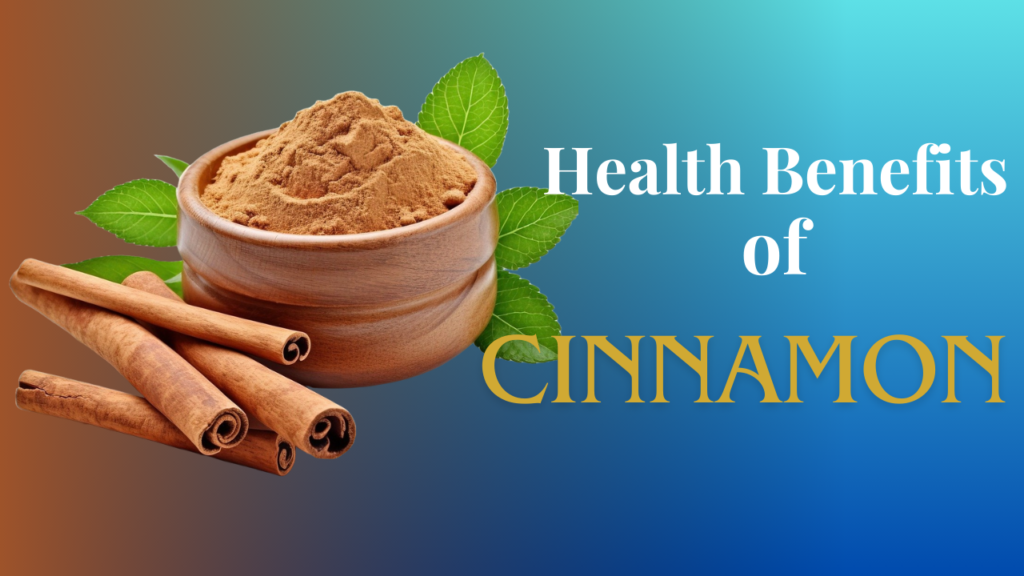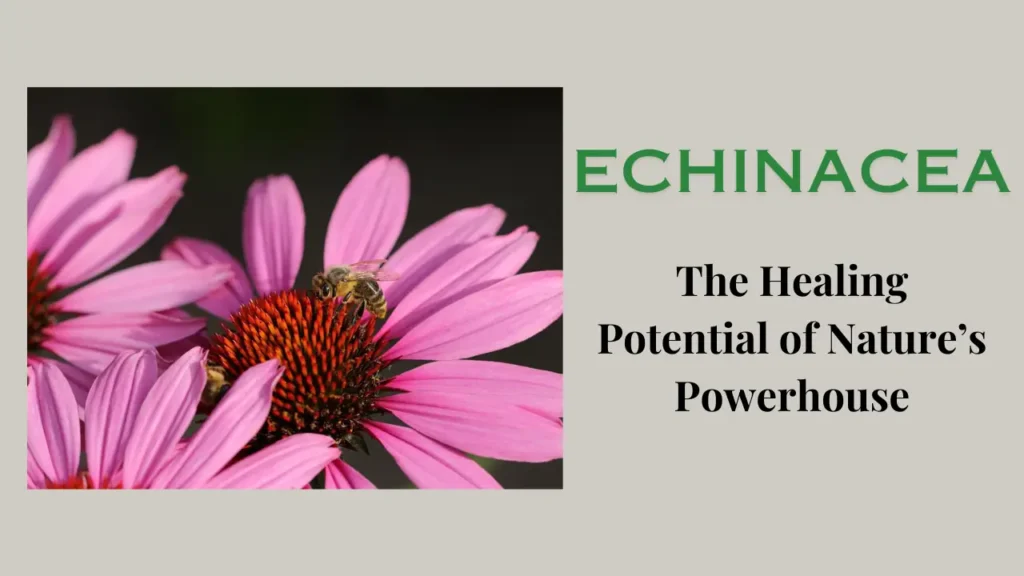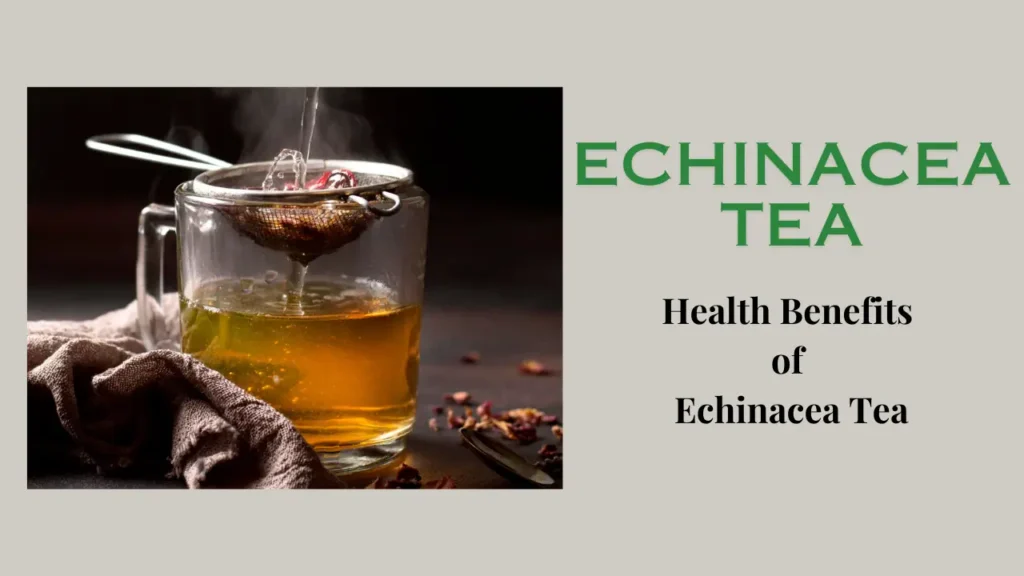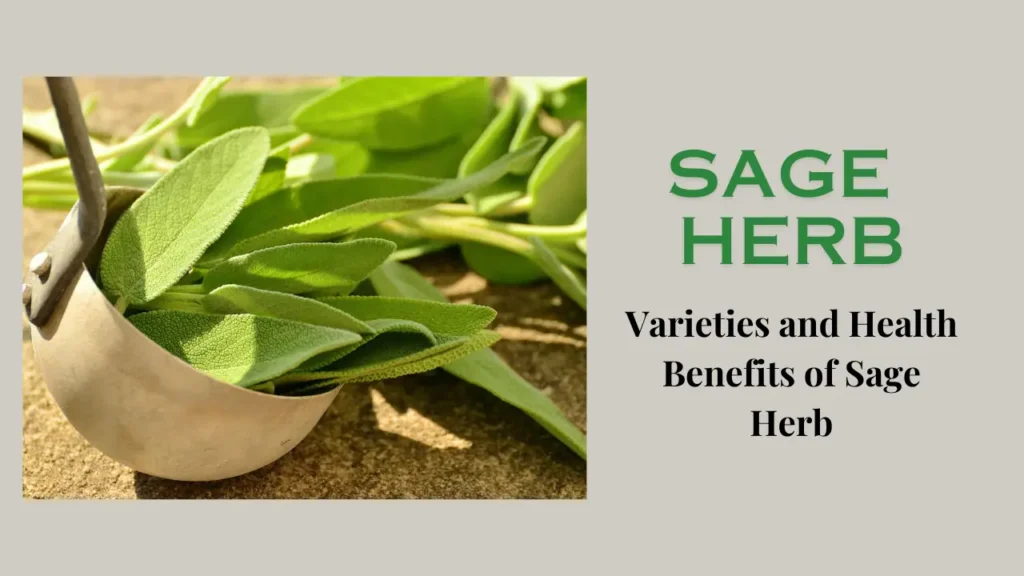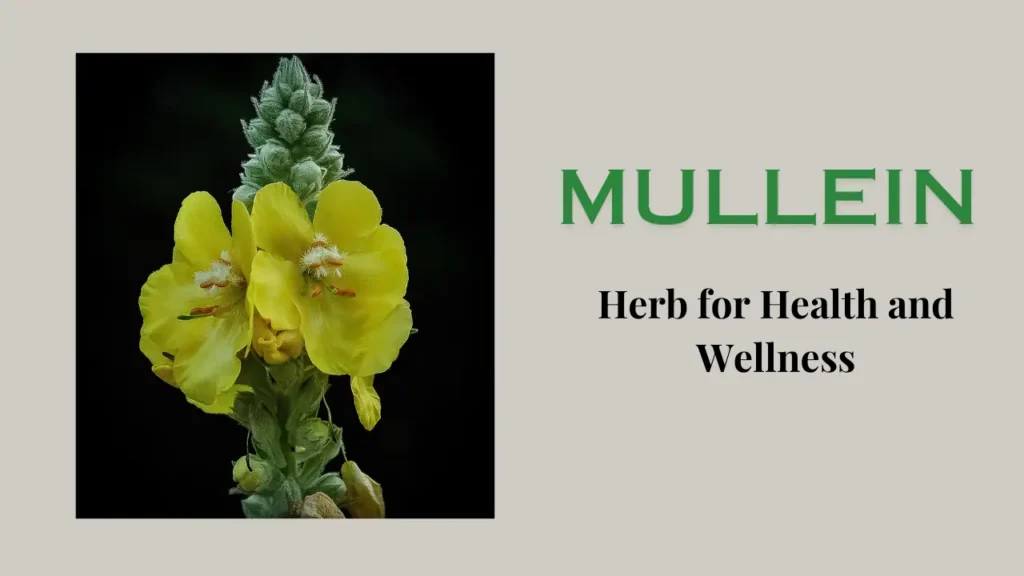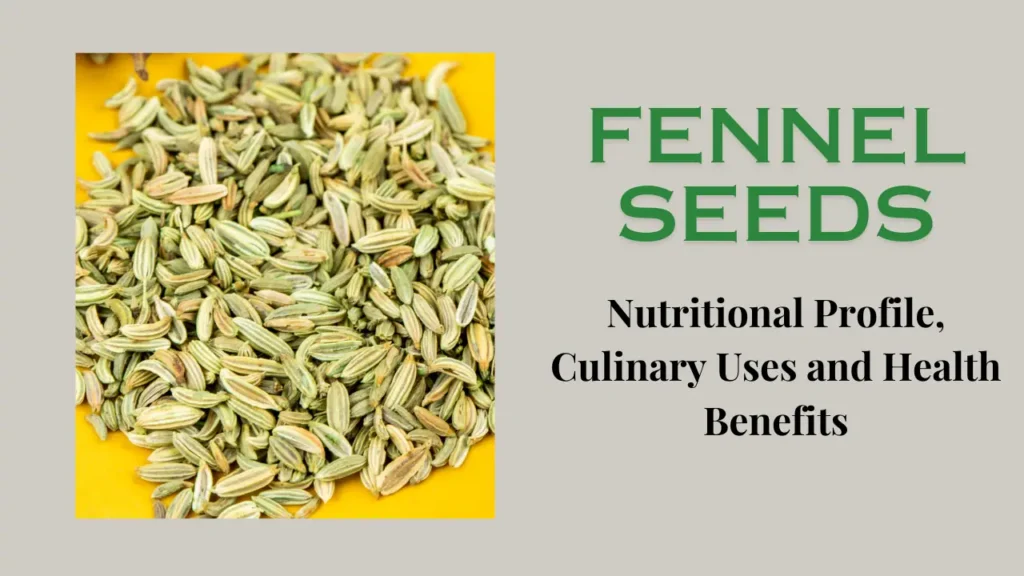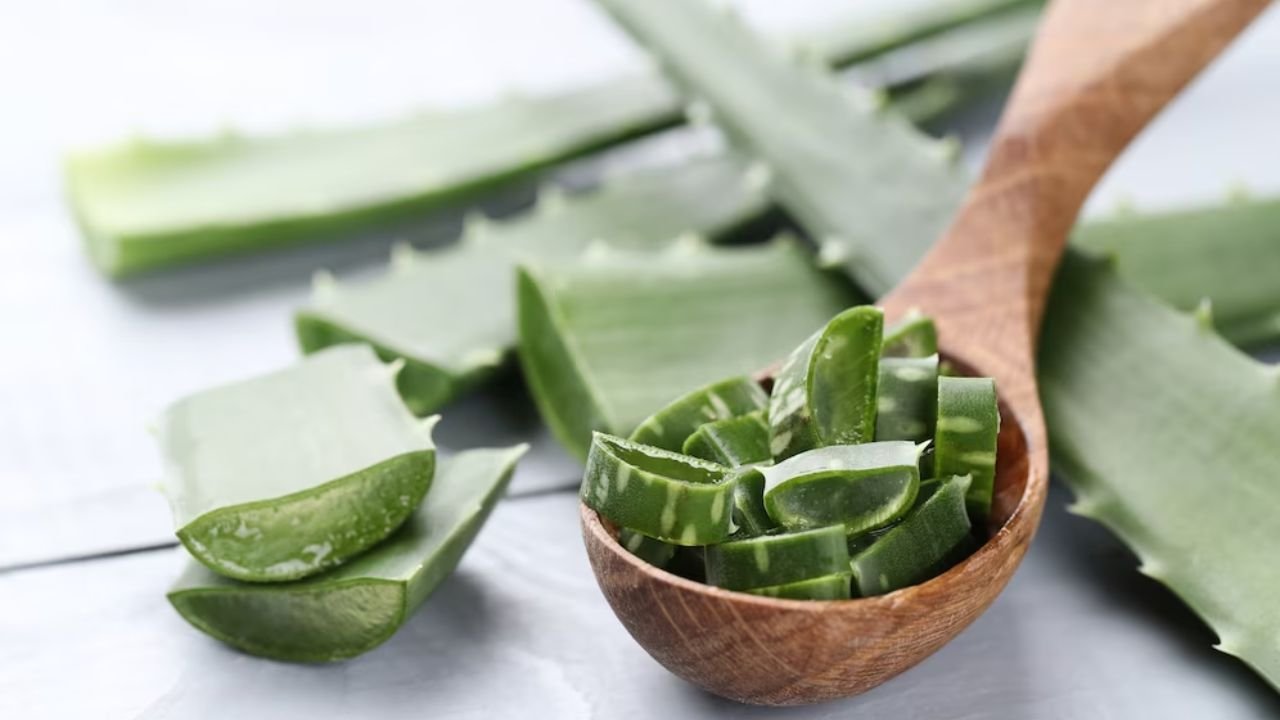
History of Aloe Vera
- A botanical miracle: Aloe Vera, scientifically known as Aloe Barbadensis. It is a perennial plant belonging to the Liliaceae family.
- Ancient Origin: This plant has been used since ancient times for its medicinal properties. Its uses are seen in Egyptian, Chinese, and Indian cultures.
- Plant structure: It has thick, juicy leaves that contain a gel-like substance that is rich in bioactive compounds.
Skin Health and Beauty
- Natural moisturizer: Aloe Vera gel is a powerful Humectant, which attracts and retains moisture in the skin, making it a great moisturizer for all skin types.
- Soothing Properties: Its anti-inflammatory and cooling effects provide relief from sunburns, insect bites, and minor skin irritations.
- Anti-Aging Benefits: Aloe Vera helps stimulate collagen production, reducing fine lines and wrinkles.
- Treating Acne: The plant has antimicrobial properties that help fight acne-causing bacteria and reduce inflammation.
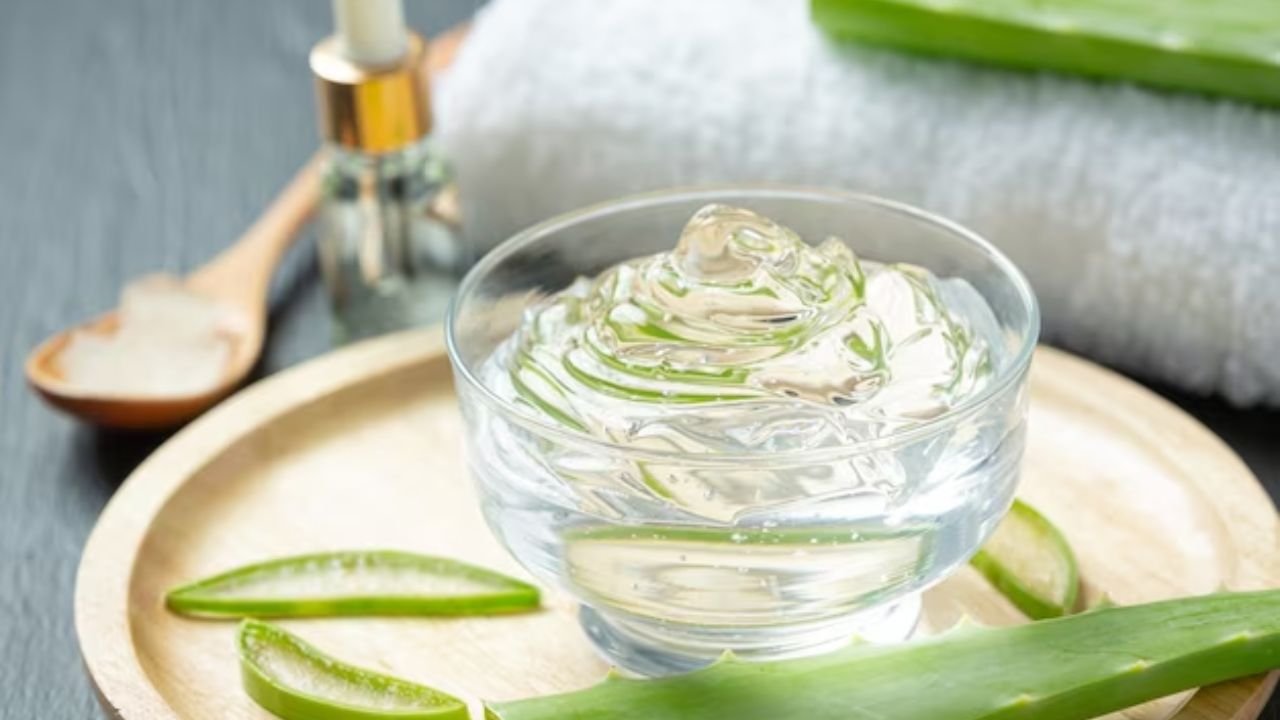
Digestive Health
- Digestive Aid: Aloe Vera juice is beneficial for gastrointestinal health. It may aid digestion and reduce symptoms such as acid reflux, irritable bowel syndrome (IBS), and constipation.
- Balancing gut flora: Contains prebiotics that promote the growth of beneficial gut bacteria and support a healthy digestive system.
- Anti-inflammatory effects: It has soothing properties that soothe the digestive system, reduce inflammation, and provide relief from conditions like ulcerative colitis.
Immune System Support
- Boosts immunity: Aloe Vera is rich in vitamins, minerals, and many antioxidants like vitamins C and E, which help strengthen the immune system.
- Antiviral and antibacterial properties: Some of its compounds exhibit antiviral and antibacterial effects. These help the body fight infections.
- Detoxification Aid: Aloe Vera gel and juice act as a natural cleanser. It eliminates toxins from the body and helps promote overall detoxification.
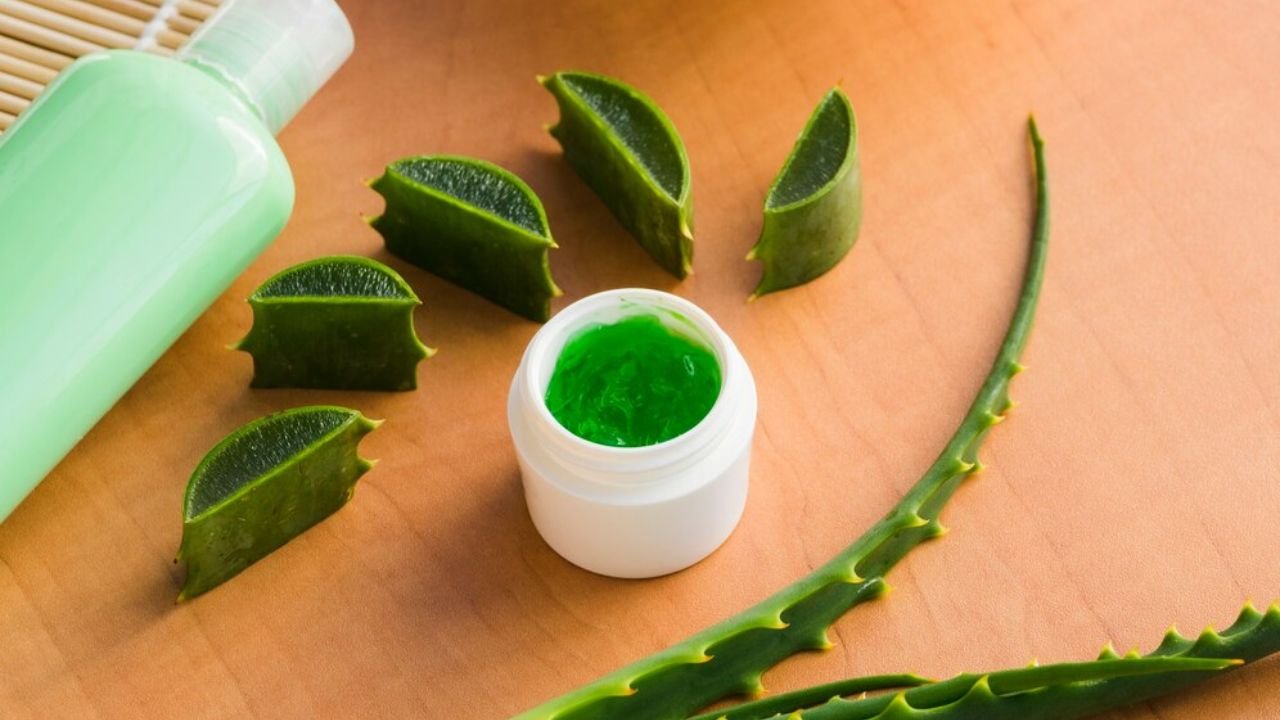
Hair and Scalp Care
- Nourishes the scalp: Aloe Vera enzymes help remove dead skin cells and excess sebum from the scalp. This promotes a healthy environment for hair growth.
- Conditioning Properties: It has moisturizing abilities making it an excellent natural conditioner. It brings shine and softness to the hair.
- Soothe itchy scalp: Aloe vera’s anti-inflammatory properties reduce itching caused by dandruff, psoriasis, or other scalp conditions.
Conclusion
In Conclusion, Aloe Vera is a gift of Nature that provides many benefits to our health and well-being. From enhancing skin health and beauty to aiding digestion and strengthening the immune system, this plant is used as a popular ingredient in many products. By adopting it, you can experience the many natural healing that it brings to your life.
Remember, before starting any new wellness regimen, it’s always best to consult with a healthcare professional to ensure it is suitable for your specific needs and circumstances.
No, it is generally not considered safe to eat raw aloe vera because the gel inside its leaves contains a compound called aloin, which can have a laxative effect and high amounts of it can be harmful. Eating it raw can cause stomach cramps, diarrhea, and other gastrointestinal problems.
It may be safe for most healthy adults when taken in small amounts daily. But due to its excessive consumption, many harmful effects can be seen on a person’s body such as:
- Digestive problems: Excessive consumption can cause many digestive problems like diarrhea, cramps, and stomach aches.
- Electrolyte imbalance: This causes loss of potassium, sodium, and other electrolytes.
- Kidney problems: In many severe cases, long-term use can cause stress on the kidneys.
- Drug interactions: Aloe vera may interact with some medications, so be sure to consult your doctor before taking it.
Aloe vera gel offers many benefits, including:
- Soothing Sunburn: This gel has cooling and anti-inflammatory properties that help reduce pain, redness, and swelling caused by sunburn.
- Moisturizing Skin: This gel contains a natural humectant, which means it attracts and holds moisture, leaving the skin feeling hydrated and supple.
- Promotes wound healing: Many studies show that aloe vera has anti-inflammatory and antimicrobial properties that accelerate wound healing.
- Reduces skin irritation: The anti-inflammatory properties of the gel help soothe various skin conditions like eczema and psoriasis.
Aloe vera contains antioxidants and other potentially beneficial compounds. However, there is no strong scientific evidence to support its effectiveness in reducing wrinkles. Some studies show mixed results but more research is needed.
Aloe vera does not directly “clean out” the stomach. Although it may have a laxative effect, it does not cleanse the stomach like detox or other cleansing methods. It is important to note that the stomach continues to clean itself naturally through various digestive processes.

